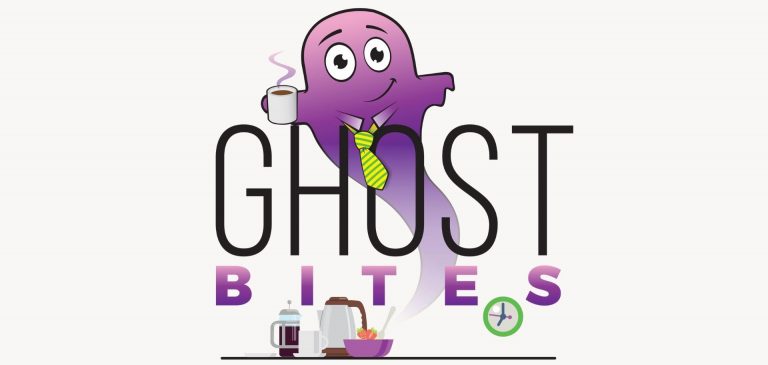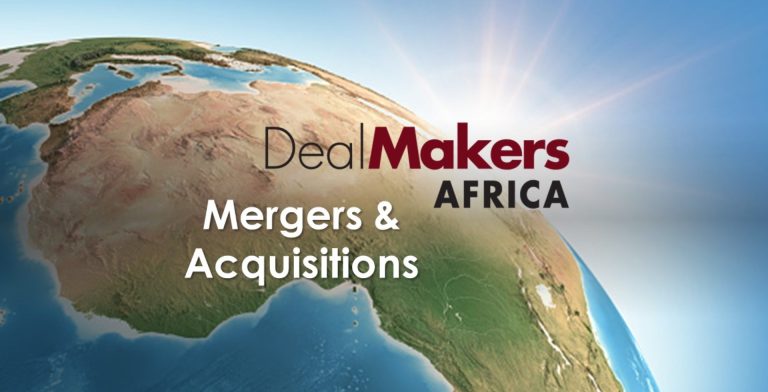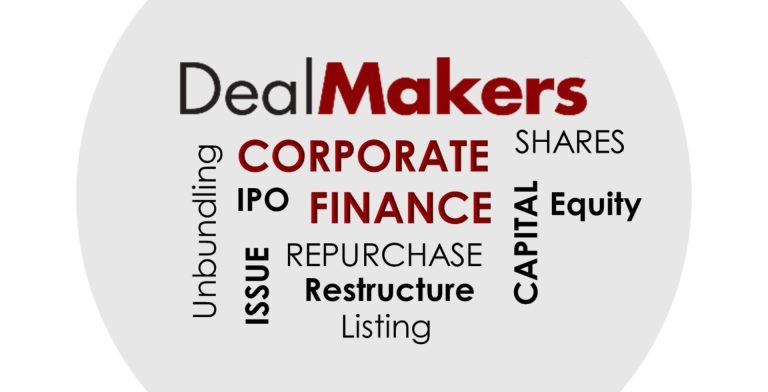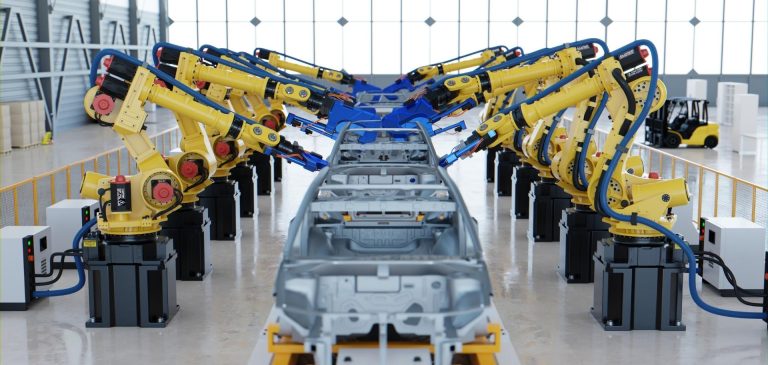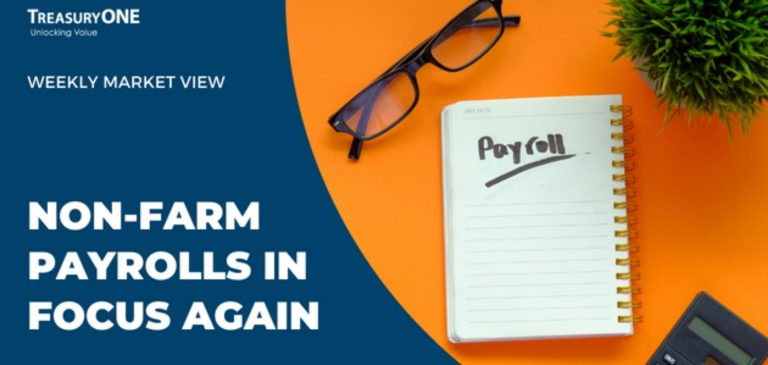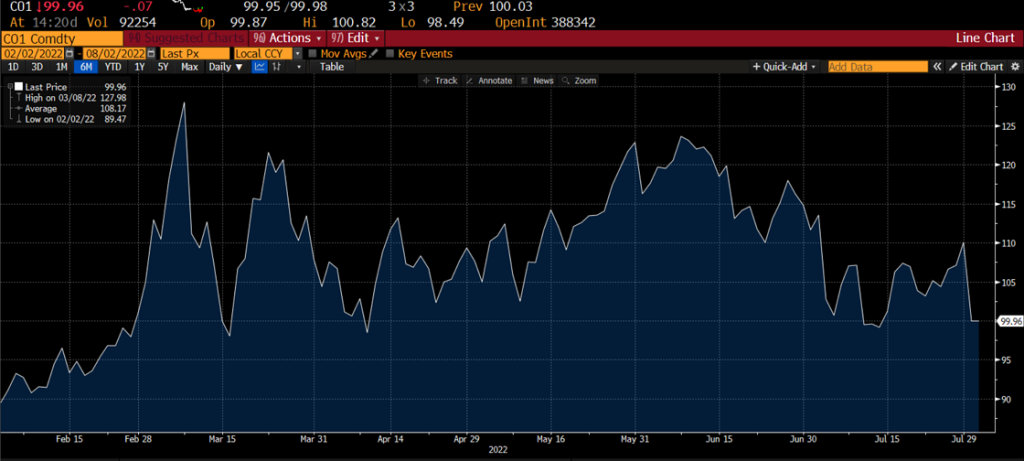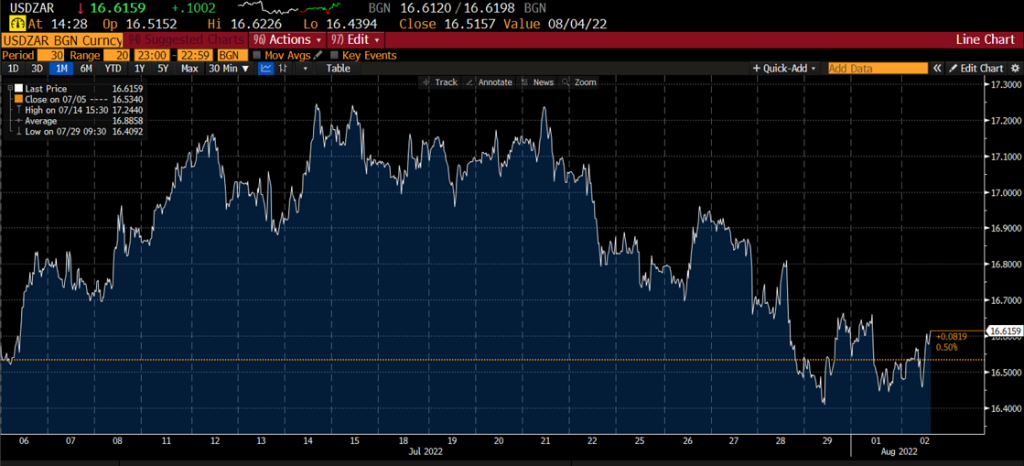With the assurance of a steady dollar income, you can ignore the potential risks to your safety or retirement security that may arise from domestic political upheavals and you may even uncover significant tax advantages of having a second country of residence, without having to buy a second home overseas.
Even if you have no intention of moving out of South Africa, having a reliable dollar income ensures that your purchasing power is preserved even in the event of an economic catastrophe, such as runaway inflation or political upheaval, most evident recently where the economy of Turkey and Sri Lanka have been decimated by such events. The Turkish lira lost 44% of its value in 2021 alone and continues its decline in 2022.
If the thought of a second residency is appealing, your dollar income makes you a more attractive prospect to governments who want to attract US dollars into their economy.
One of the most compelling reasons for obtaining a second passport, other than the flexibility to live somewhere else, is tax. If you are able to live in a second country for part of the year it will change your tax residency status. If you are a South African tax payer and you spend more than 185 days a year outside of the country, of which 60 days must be continuously spent outside of SA, then the first R1 million that you earn from a foreign source is exempt from tax. If you are a non-tax resident, you will be liable for South African tax on income sourced from South Africa, but you will not be liable for income derived from foreign sources. Local taxes will be payable in your country of domicile but some jurisdictions allow generous tax rebates and often lower or no tax on your foreign earnings. Check with your tax advisor.
Numerous countries offer residency permits, sometimes leading to full citizenship down the line, in return for a dollar or euro investment either in a business, a property, or sometimes just a straight donation. A few countries are even more welcoming. They are offering residency permits, often leading to citizenship after several years, in return for an assurance that a minimum amount of dollars will be deposited into your bank account every month or year.
- The closest country to South Africa that has an income-based residency programme is Mauritius. A retired non-citizen aged over 50 can apply for a 10-year residency permit by making an initial $1 500 deposit into a Mauritius bank account when their permit is issued, and then transferring at least $1 500 a month or $18 000 a year for the 10 years of the permit. Alternatively, you can invest in any business provided it does not employ you, you do not manage it or derive any salary or benefits from it. After three consecutive years, the holder of a residence permit can apply for a 20-year permanent residence permit.
- Another country with a similarly tropical climate, Antigua & Barbuda, where English is also widely spoken, has a permanent residency programme for people who can demonstrate an annual income of at least $100 000 (on which a flat tax of $20 000 is payable). Applicants must maintain a permanent residence in the country and spend at least 30 days a year there.
- Belize in Central America has a coastline on the Caribbean and English is its official language. It offers a Qualified Retired Person Incentive Program, under which visas are granted to people aged 45 or older who can prove an income from a foreign pension, annuity or other acceptable source of at least $2 000 a month (or $24 000 a year), to be transferred into a local Belize financial institution. According to www.smartasset.com, you could live quite respectably on about $1 200 to $1 500 a month in Belize. Under this program, you can also include dependants. You have to remain in the country for a consecutive 30 days a year.
- Another tropical country with an accessible retirement visa option, where English is a common language, is Malaysia. Its “Malaysia My Second Home” or MM2H programme welcomes people over 50 who can prove a monthly income of 10 000 Malaysian ringgit (about R38 000). This income is tax-exempt. Malaysia provides a 10-year multiple entry visa under this program that is automatically renewed after the end of the first ten years.
So how do you secure a dollar income of at least $2 500 a month?
OrbVest, the specialists in medical real estate in the US, pay an average yield greater than 7% cash on cash, paid quarterly, on an investment into one of its specialist, medical commercial properties, and a total IRR of 10-12% over the average five-year term of the investment.
The investment is made offshore in the low tax environment of the Seychelles. It also offers a more diversified product, OrbVest Diversified Holdings (ODH), which spreads your risk over a multitude of its medical office buildings with an excess of 100 medical tenants in a portfolio which generates a very robust annual return of 7% and projects an IRR of about 11% over the five-year term. This means that if you accumulate an offshore nest egg in the world’s default currency, the US Dollar, of around $400,000 you would be eligible to live and gain residency in a country like Mauritius, while still enjoying some capital growth while you live off your returns.
Start your journey to becoming a global citizen by moving your discretionary R1,000,000 allowance offshore every year and preserving your wealth in stable medical commercial property in the USA.
IMPORTANT NOTE
OrbVest SA (Pty) Ltd. is an authorised Financial Services Provider. The content and information herein contained and being distributed by OrbVest is for information purposes only and should not be construed, under any circumstances, by implication or otherwise, as advice of any kind or nature, or as an offer to sell or a solicitation to buy or sell or to invest in any securities. Past performance does not guarantee future performance.
Returns are taxable and will be taxed as dividends from a foreign source, ordinary income or capital gains, depending on your tax residency. OrbVest is not a tax and/or legal advisor. Owing to the complex tax reporting requirements associated with private equity and private real estate investments, investors should consult with their financial or tax advisor or attorney before investing.
For members investing via www.orbvest.com, the particulars of the investment are outlined in the property supplement, a private placement memorandum or subscription agreement, which should be read in their entirety by the proposed investor prior to investing and having obtained independent advice.


